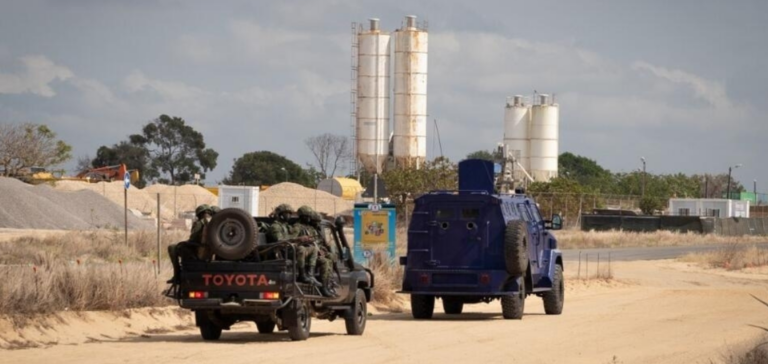In an unprecedented collective move, a group of 124 non-governmental organizations has sent an open letter to a number of major financial players, including European, Japanese and South African institutions. Their aim is to get these institutions to abandon their support for TotalEnergies’ colossal gas project in northern Mozambique.
Human and Environmental Impacts of the Mozambique LNG Project
This approach comes at a time when corporate environmental and social responsibility is attracting increasing attention. NGOs, including influential players such as the Ligue des droits de l’Homme, Oil Change International and Greenpeace France, are highlighting their concern about the disastrous consequences of the project, both for human rights and the climate crisis.
Bank response and financial responsibility
By 2020, these 28 financial institutions have pledged a substantial $14.9 billion to the project. According to the NGOs, this financial involvement makes them directly responsible for the project’s harmful impacts. They underline the significant security and humanitarian risks, exacerbated by the complexity of operations in a conflict-ridden region.
Environmental consequences of the Gas Project
The oil group, then known as Total, had suspended operations following an attack by the Islamic State group in March 2021. The attack had tragic consequences for the local population and TotalEnergies subcontractors, although the exact death toll remains uncertain.
Waiting for an answer before the end of November
In September 2023, Patrick Pouyanné, CEO of TotalEnergies, announced his intention to relaunch the project before the end of the year. However, NGOs point out that, despite an improvement in security, the region remains unstable and dangerous for civilians. They strongly criticize the resumption of the Mozambique LNG project, calling it reckless and irresponsible, due to its negative impact on local ecosystems and the global climate.
This NGO initiative marks a crucial turning point in the fight against energy projects that are harmful to the environment and human rights. It underlines the importance of corporate social responsibility for companies and financial institutions in the management of their investments. The banks’ response, expected before the end of November, could redefine financing standards for projects with a high environmental impact.






















